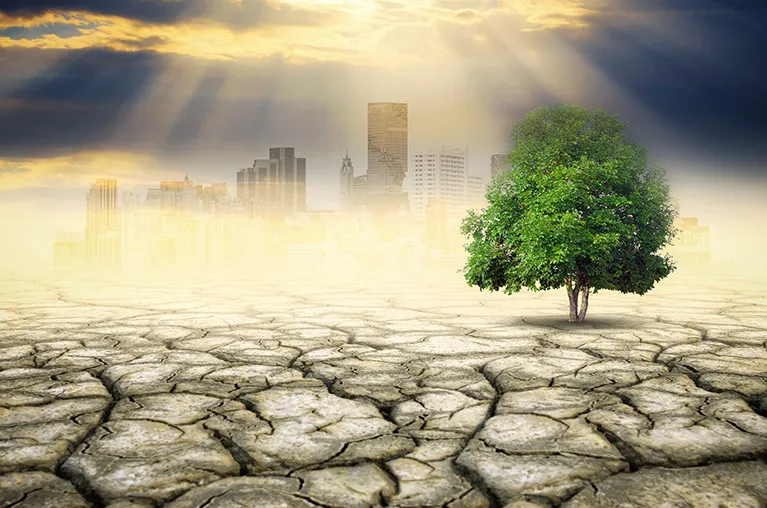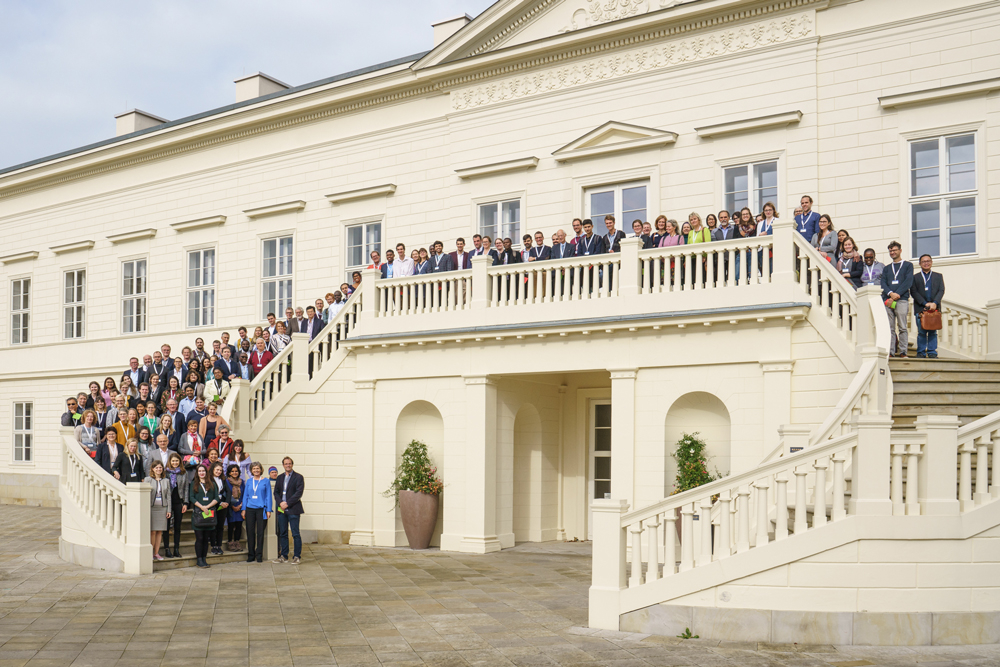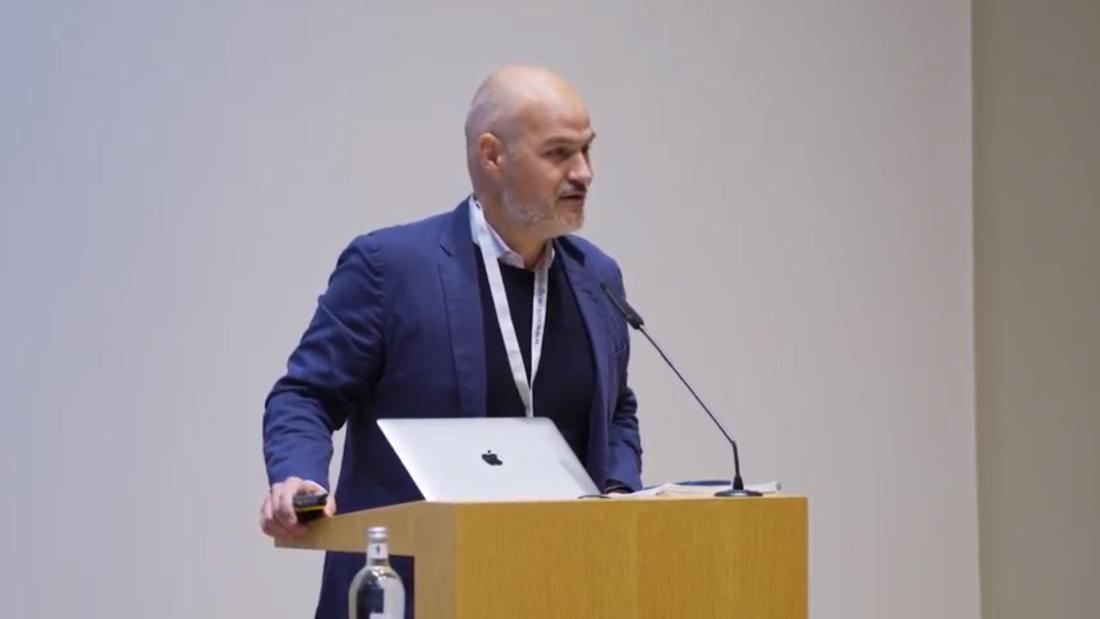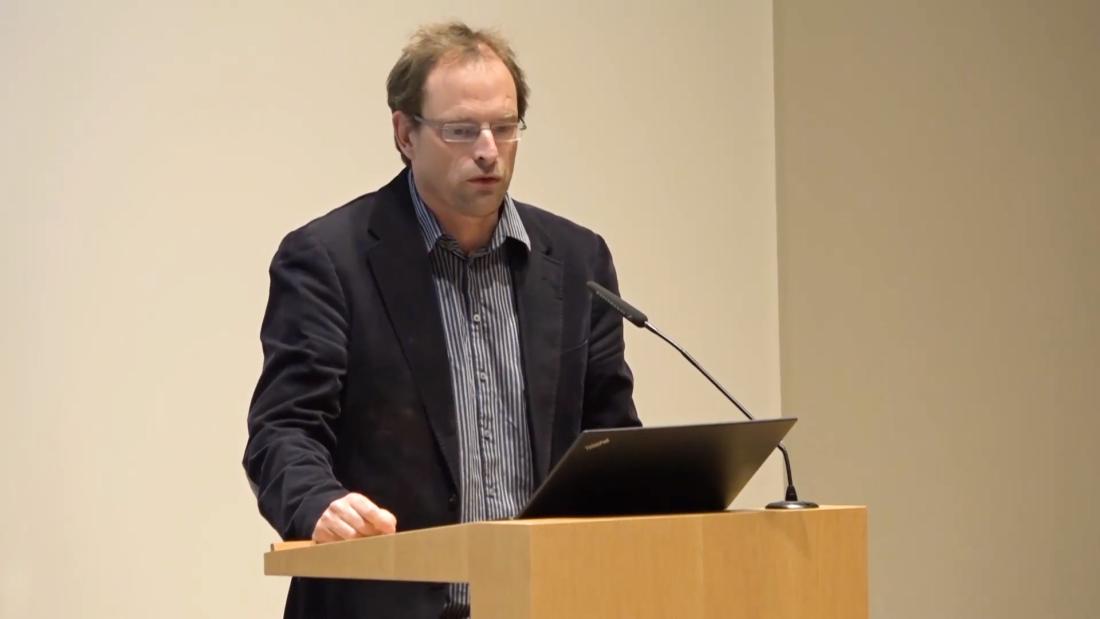Documentation: Herrenhausen Conference "Extreme Events – Building Climate Resilient Societies"
#SustainabilityMore than 130 multidisciplinary scientists and practitioners from 30 countries and UN organizations came together for a Herrenhausen Conference in Hannover from October 9 to 11, 2019, to elucidate the relations between climate extremes, societal resilience, and sustainable development goals.

International experts discuss how development towards reaching the SDGs may enhance societal resilience against climates extremes.
Reports on extreme events such as droughts, heatwaves, heavy rain, and violent storms are now part of the daily news. At the Herrenhausen Conference "Extreme Events – Building Climate Resilient Societies" the participants stated, that climate extremes are the top threat to human well-being and sustainable development. After the conference, the organizers published a press release, stating that risk-aware development towards the 17 Sustainable Development Goals (SDGs) set by the United Nations can significantly reduce the societal risks associated with climate extremes. To achieve this, the Paris Agreement to combat climate change, the 2030 Agenda for Sustainable Development and Disaster Risk Reduction strategies such as the Sendai Framework for Disaster Risk Reduction 2015-2030 have to be brought together. (Download of the complete conference program (PDF, 1 MB))
"This is of crucial importance both in low and high-income countries as has been shown by numerous disasters such as the repeated European summer droughts, the frequent flooding in Asia and the recent Tokyo hurricane," said Prof. Markus Reichstein, Max Planck Institute of Biogeochemistry, Jena, Germany, head organizer of the Conference.
Conference Website
Selected Keynotes, further information and photos can be found on the conference website "Climate extremes emergent-risks.org".
Parallel Sessions
In five parallel sessions, the international experts dealt with resilient infrastructures, food systems, conflicts and security, data science for human wellbeing and compound events.

130 researchers from 30 countries took part in the conference in Herrenhausen Palace.
Session Reports
Session 1: Challenges of Extreme Events for Resilient Infrastructures
Session leads:
- Petra Mahrenholz, German Environment Agency, Dessau, Germany
- Gerrit Jasper Schenk, Technische Universität Darmstadt, Germany
Download (pdf): Session Report "Challenges of Extreme Events for Resilient Infrastructures"
Session 2: Extreme Events and Food Security
Session leads:
- Ruth Delzeit, Kiel Institute for the World Economy, Germany
- Adriana Ignaciuk, Food and Agriculture Organization of the United Nations, Rome, Italy
- Zia Mehrabi, University of British Columbia, Vancouver, Canada
Download (pdf): Session Report "Extreme Events and Food Security"
Session 3: Climate Extremes and Security
Session leads:
- Christoph Mainberger, Federal Foreign Office, Berlin, Germany
- Jürgen Scheffran, University of Hamburg, Germany
- Judith Nora Hardt, Centre Marc Bloch e.V. (HU Berlin) and University of Hamburg, Germany
Download (pdf): Session Report "Climate Extremes and Security" (PDF, 443 KB)
Session 4: Data Science for Human Wellbeing
Session leads:
- Miguel D. Mahecha, Max-Planck-Institute for Biogeochemistry, Jena, Germany
- Debarati Guha-Sapir, Centre for Research on the Epidemiology of Disasters (CRED), Brussels, Belgium
Download (pdf): Session Report "Data Science for Human Wellbeing"
In the article "Deciphering Extreme Weather Events", Benjamin von Brackel focuses on session 4 and shows, how data scientists use huge data sets to decipher extreme weather events and make predictions about the future.
In the interview "A natural disaster is like a virus", epidemiologist Debarati Guha-Sapir gives insights, how data analysis can help to understand and even prevent deaths related to extreme weather events.
Session 5: Response to Compound Events
Session leads:
- Jakob Zscheischler, University of Bern, Switzerland
- David N. Bresch, ETH Zurich/Federal Office of Meteorology and Climatology MeteoSwiss, Zurich, Switzerland
Download (pdf): Session Report "Response to Compound Events" (PDF, 581 KB)
Video: Keynote by Emmanuel Letouzé – Human Artificial Intelligence for Societal Resilience

VolkswagenStiftung
Video recording of Emmanuel Letouzé's keynote.
Public lecture by Professor Markus Reichstein (in German): Klimawandel – Kriegen wir die Kurve?

VolkswagenStiftung
Video recording of the public evening lecture by Prof. Markus Reichstein.
Organizers
The conference was organized by Markus Reichstein, Max Planck Institute for Biogeochemistry, Jena; Mojib Latif, GEOMAR Helmholtz Centre for Ocean Research, Kiel; Petra Mahrenholz, German Environment Agency, Dessau, Katrin Rehdanz, Environmental and Resource Economics, Kiel University; Jürgen Scheffran, Department of Geosciences, University of Hamburg; Gerrit Jasper Schenk, History of the Middle Ages, Technischen Universität Darmstadt; and the Volkswagen Foundation.
